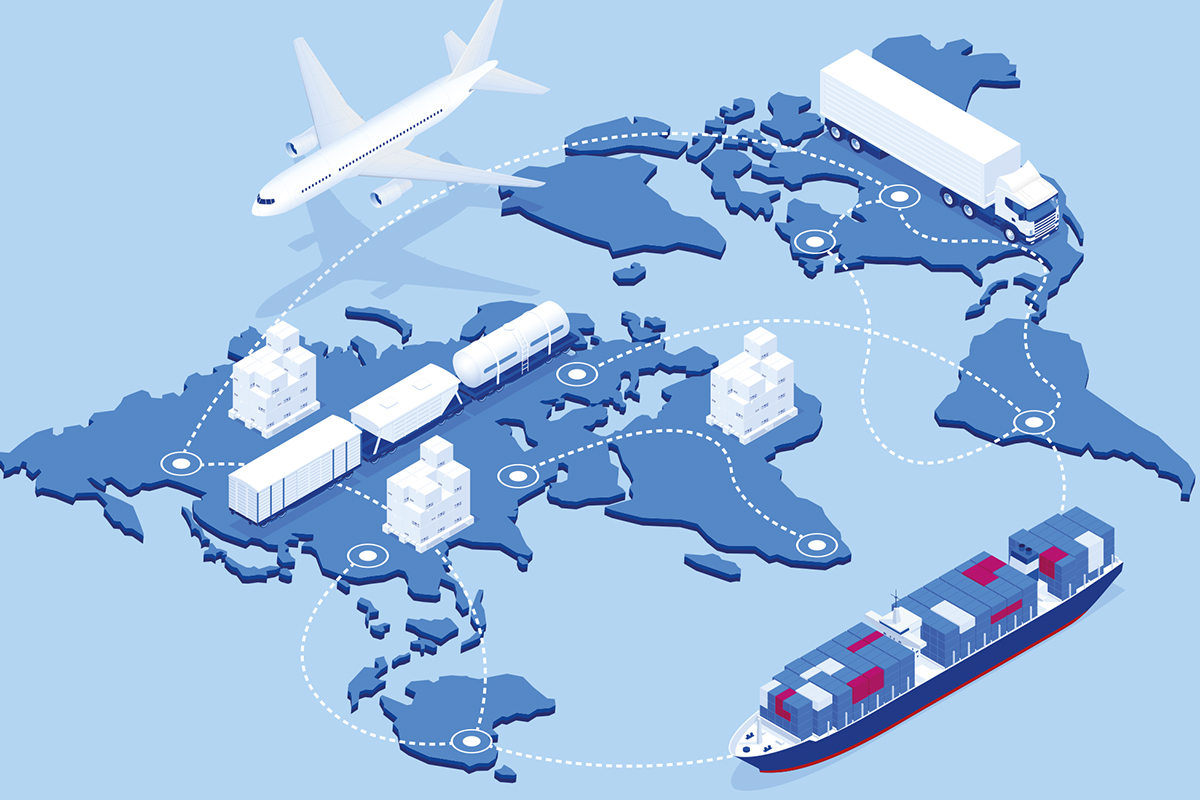
Globalisation and international recruitment are increasingly important in today’s business landscape. As labour markets tighten and free movement ends, employers are forced to face the challenge and harness the benefits of recruiting from overseas.
Visa sponsorship as a solution
The changing labour market and the end of free movement have made immigration control a recurring issue in recruitment. To overcome this chall-enge, employers are considering visa sponsorship as a solution. However, they also need to consider the costs
and compliance burdens associated with recruiting non-settled workers.
Benefits of becoming a licensed sponsor
Becoming a sponsor can bring several benefits to UK-based operations. The most obvious benefit is the ability to attract talented individuals from other countries; helping address skill shortages and filling difficult-to- recruit positions. Sponsoring workers allows businesses to access a wider pool of talent and bring in individuals with specialised skills and expertise. It provides demand-driven access to a global talent pool, where non-sponsors are dependent on a supply of workers who already have (or can obtain) the right to work in the UK for themselves.
A sponsor licence can also be a tool to help attract and retain talent within the UK. It provides potential employees (especially those on student or graduate visas) with a long-term career path in the UK, through the potential to switch to an employer-sponsored work visa. Being a licensed sponsor also gives businesses a competitive advantage in the marketplace, showing their commitment to investing in and supporting their workforce.
Becoming a sponsor also has compliance and risk management benefits. It requires businesses to meet certain compliance obligations and demonstrate systems to monitor and manage sponsored workers, which should increase diligence and reduce scope for issues, such as deficient right-to-work checks. This helps ensure compliance with the law and minimises the risk of non-compliance.
Common challenges associated with visa sponsorship
Before sponsoring a worker, employers must determine if the role is eligible for work-visa sponsorship. The role must meet minimum skills and salary thresholds. Cost is another important consideration. Sponsoring workers can be expensive, especially for long-term sponsorships where the employer will cover some or all of the costs of the employee and their family.
The timeline of the process is another crucial factor. Some employers require candidates to start within a short period. Without a sponsor licence, the process can take weeks to months to set up. While there are ways to expedite the process, these options
are not always available and are rarely guaranteed to hit any internal deadline.
To apply for a sponsor licence, businesses need to analyse their needs, select the appropriate visa route(s), gather key documents, prepare a supporting letter, complete an online application form, identify key personnel, submit the application, respond to any requests for information or visits from UK Visas & Immigration, and await licence approval.
Another important consideration is the additional duties and risks associated with holding a sponsor licence. The Home Office expects licensed sponsors to have a higher degree of commitment to compliance with relevant laws and regulations and to actively assist and co-operate with it in its prevention of illegal working. Businesses need to ensure they have the capacity and relevant HR systems and/or external advice and support in place, to monitor compliance and fulfil obligations. Training of the key individuals responsible for managing the licence will be key.
Once a sponsor licence is in place, the process for securing a skilled worker visa for each migrant worker will be much quicker, with various fast-track options being available for the majority of the applications.
Alternative visa solutions
While work-visa sponsorship is the principal option for employers, the sophisticated approach involves consideration of alternative routes which may be more suitable, or cost-effective for certain individuals. Youth mobility schemes, ancestral links to the UK, recognition as a leader in their field, sponsored internship schemes, and being a graduate of a particular course/university are examples of how other routes may present themselves, often avoiding the need for direct employer-sponsorship. Therefore, support and expertise at an early stage of a recruitment process to identify possible alternative routes, that are more optimal, could pay dividends.
FURTHER INFORMATION
A recent DMH Stallard podcast on globalisation and the world of work is available at:
dmhstallard.com/news-insights/podcasts/globalisation-working-without-international-border
The contributors include:
Simon Bellm, Partner at DMH Stallard and an expert in public, private sector complex employee relations and structural change issues.
Adam Williams, DMH Stallard Partner and expert in business immigration and employment law.
Alexei Zuyev, Senior Associate at DMH Stallard who specialises in advising on UK immigration matters, with particular focus on work-related immigration routes, right to work and compliance.





